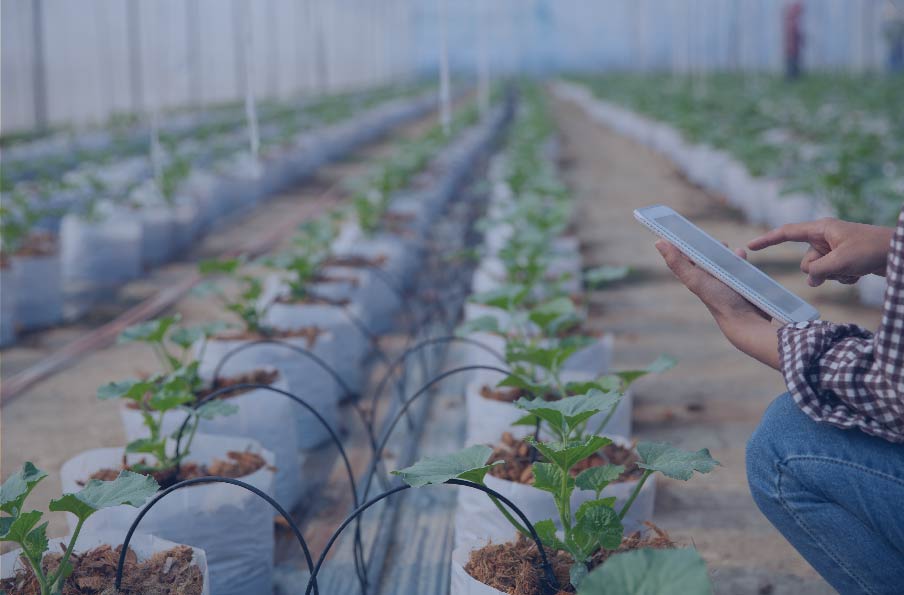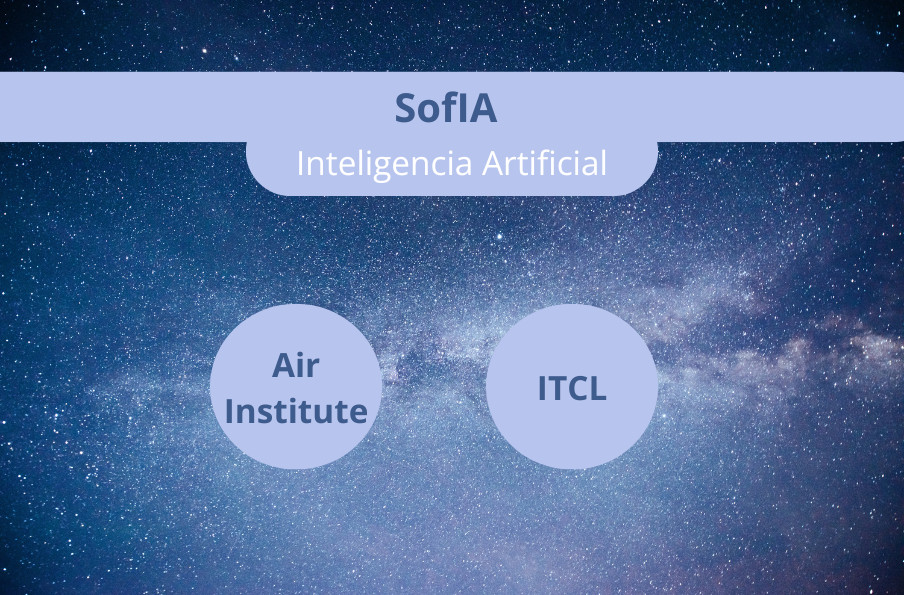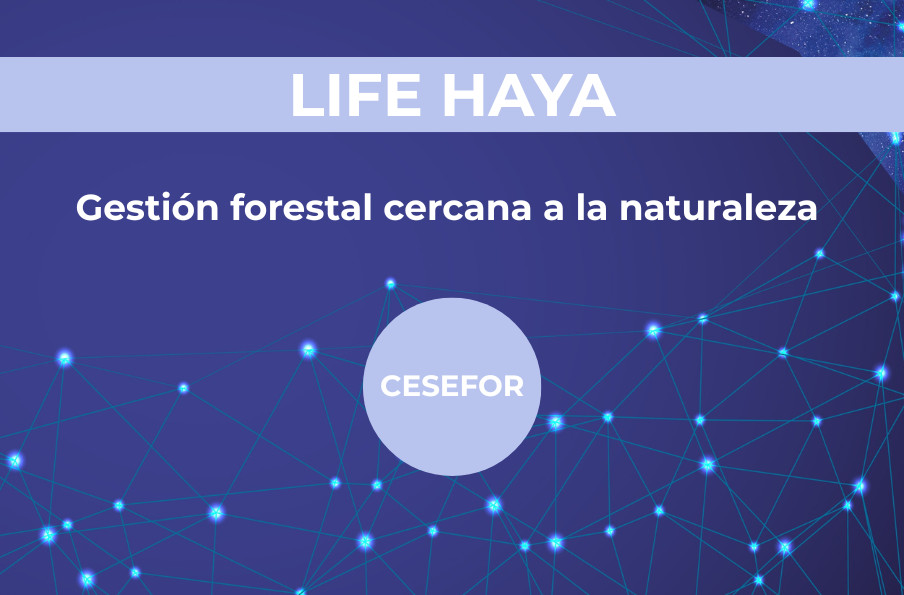The talent, skills and specialization of our technology centers allow us to provide solutions throughout the food chain, focusing on sustainable and environmentally friendly systems.

Processes in the agriculture and food sector cover a wide range of activities, from planting and harvesting crops to food processing and distribution. They include crop management, processed food production, packaging, transportation and marketing. These processes are critical to supplying the population with safe and nutritious food, and also have a significant impact on the economy and the environment.
Over the years, they have undergone significant evolution driven by technological advances, changes in consumer demand and the need to address global issues such as food safety and environmental sustainability.
At NODDO, through the 9 Technology Centers in Castilla y León, we apply technology and knowledge throughout the entire agri-food value chain, from agricultural and livestock production to the formulation of new foods and alternative sources. We focus on guaranteeing quality, traceability and food sustainability at every step of the process.
Agri-food sustainability and current challenges
Sustainability in agri-food is essential to ensure food security, protect the environment and promote a healthier and more equitable society.
The food and agriculture sector faces a number of challenges today. One of these challenges is environmental sustainability. The aim is to reduce the environmental footprint of food production by promoting sustainable agricultural and livestock practices, reducing food waste and adopting renewable energies in the supply chain.
In addition, food safety and nutritional quality are key concerns in an ever-growing world. Food production must increase to feed an expanding world population, but at the same time, food must be nutritious and safe for consumers’ health.
Technology plays a key role in addressing these challenges. Artificial intelligence and data analysis enable more efficient crop management and early detection of problems. Biotechnology offers the possibility of developing crops that are resistant to pests and extreme weather conditions. Innovation in food packaging and preservation helps reduce waste and extend the shelf life of products.
In short, food and agricultural sector processes are an essential part of our daily lives and the global economy. The continuous evolution of these processes, driven by technology and the need to address global challenges, plays a critical role in how we produce, distribute and consume food safely and sustainably.
Collaboration between governments, businesses and society at large is essential to ensure that the food and agriculture sector can meet the growing demands of the developing world.
Technology and innovation in improving agri-food efficiency
Agri-food innovation refers to the application of new ideas, technologies, practices and approaches in the food and agriculture sector with the aim of improving production, quality, sustainability and efficiency in the food supply chain. This form of innovation is essential to address global challenges related to food security, nutrition, sustainability and agricultural economics.
Through the Catilla y León Technology Centers, we integrate innovation and development processes at the origin, both agricultural and livestock, of foodstuffs, from planting and harvesting in the field to production on farms, improving their performance and efficiency.
The area of knowledge in food of forest origin refers to the collection of foods such as fruits, berries, mushrooms, edible plants and other food products of plant origin in forest environments. It includes the identification, collection and processing of these foods, as well as their nutritional value and their use in human nutrition. It also addresses issues related to sustainability and management of forest resources for food production.
The food value chain focuses on the study of all processes and activities that occur from primary food production to final consumption. It includes the identification and evaluation of the different actors, systems and processes involved in the production, processing, distribution and consumption of food. This area of knowledge seeks to improve the efficiency, sustainability and safety of the food chain, as well as to guarantee the quality of food products and their traceability.
Food quality, safety and traceability
Food quality, safety and traceability focuses on ensuring the quality and safety of food products, as well as their traceability throughout the food chain. It includes the assessment and control of food risks, the implementation of quality management systems, the identification and traceability of food from origin to final consumption, and compliance with food standards and regulations. This area of expertise focuses on the detection and prevention of food fraud and the implementation of food emergency response measures.
Packaging technologies focus on the design, manufacture and use of materials and techniques to protect, transport and present food products. It includes the evaluation of different types of packaging and their impact on food quality, safety and shelf life. This area of knowledge focuses on the development of sustainable packaging and the implementation of recycling and waste management practices.
Agricultural Management (Agricultural Research and Development)
Agricultural Management is oriented to the planning and control of processes related to agricultural production, including seed selection, pest and disease control, soil management and production optimization. Agricultural management seeks to maximize the productivity and profitability of crops and livestock, while ensuring sustainability and environmental protection.
Ingredients and nutritional sources
Knowledge of ingredients and nutritional sources focuses on the selection, analysis and use of ingredients and nutrients in food production. It includes the study of the nutritional components of foods, as well as the identification and use of natural and artificial ingredients in the formulation of food products. This area of knowledge seeks to improve the nutritional quality of foods and to develop healthy and sustainable ingredients for human consumption.
Food product and its formulation
Food product knowledge and formulation focuses on the creation and design of food products through the combination of ingredients, processes and technologies. It includes the study of the properties and functions of ingredients, as well as sensory evaluation and formulation optimization to achieve products with specific characteristics, such as flavor, texture, color and nutritional value.
Food technology focuses on the application of scientific and technological principles in food production and processing. It includes the study of the physicochemical and microbiological properties of food, as well as the development of technologies for food preservation, processing, packaging and storage. It focuses on innovation and the development of new food products and technologies that improve the quality and safety of food, and that satisfy the demands and needs of consumers.
For all these reasons, Technology Centers play an essential role in promoting innovation and technological progress in the sector, contributing to food safety, sustainability and the competitiveness of the agri-food industry at a global level.
At NODDO, thanks to the Centers, technology and knowledge are applied in all processes of the agri-food sector, from agricultural and livestock production to the formulation of new foods and alternative sources, focusing on guaranteeing quality, traceability and sustainability in each step of the process.
From the Network of Technology Centers interdisciplinary work in an integrated manner, covering all technical disciplines. technical disciplines and finding innovative solutions in all parts of the processes.
If you want us to help you to empower your company and to find innovative technological solutions for your processes, do not hesitate to contact Noddo.
Follow us on LinkedIn y Twitter sign up for our Newsletter to stay up to date with what’s new on the Web.










